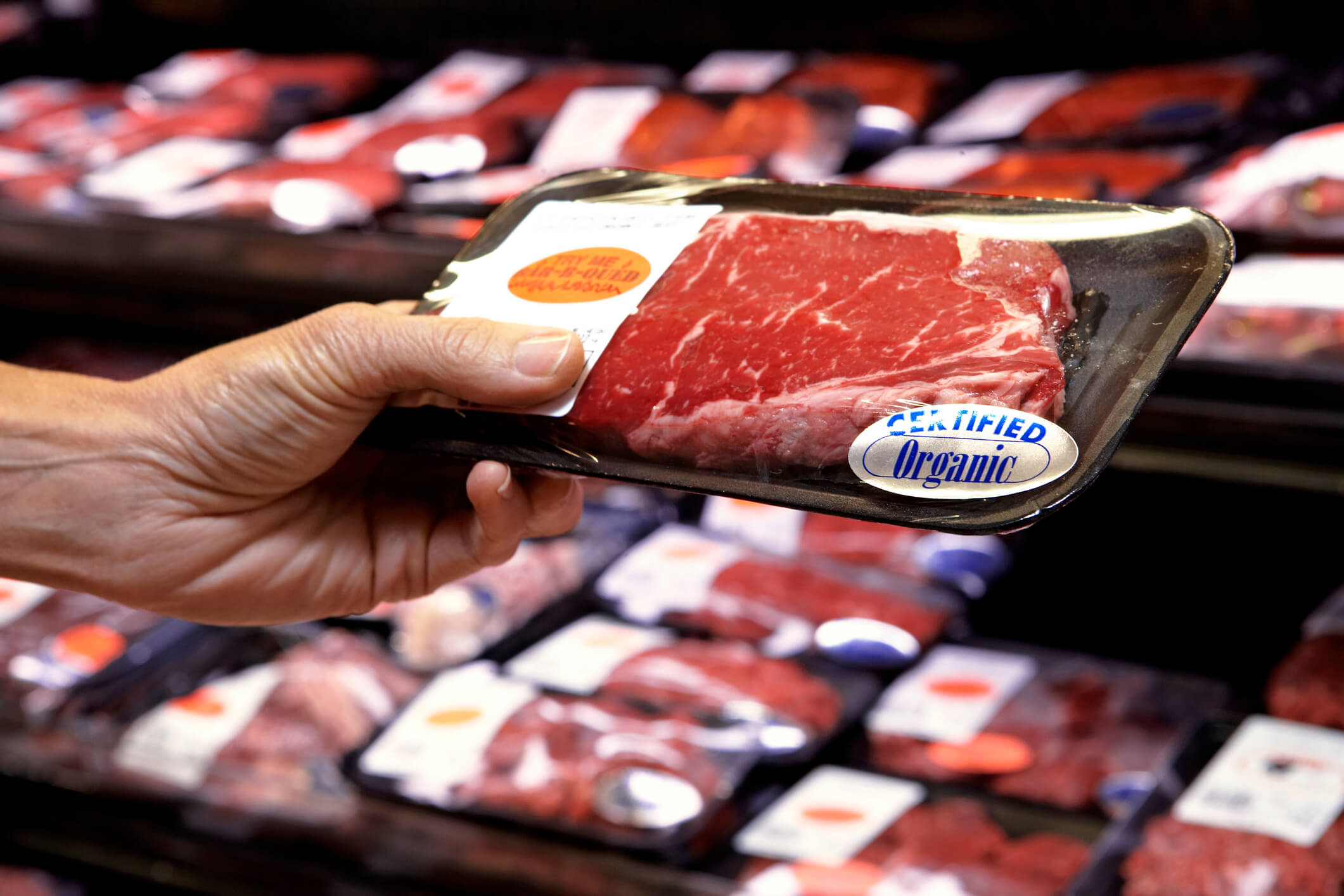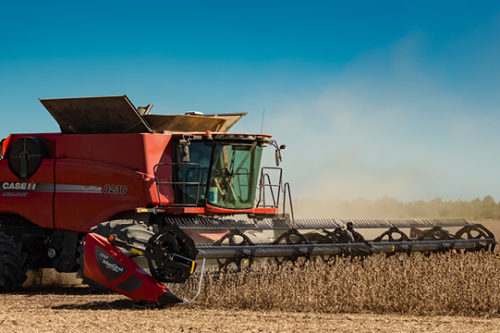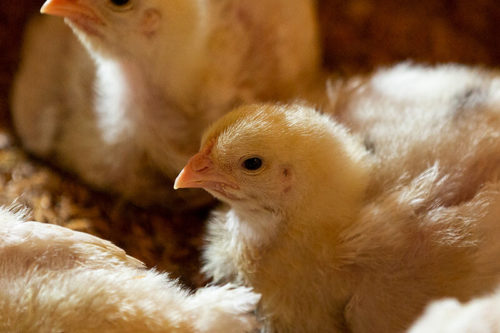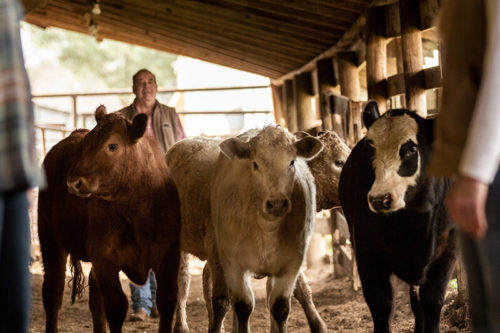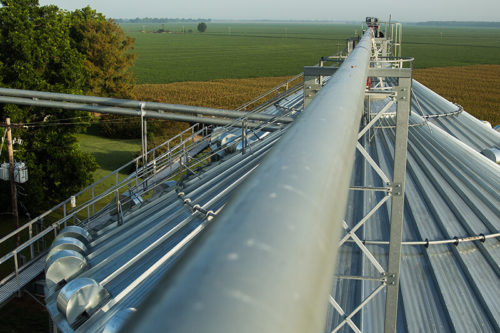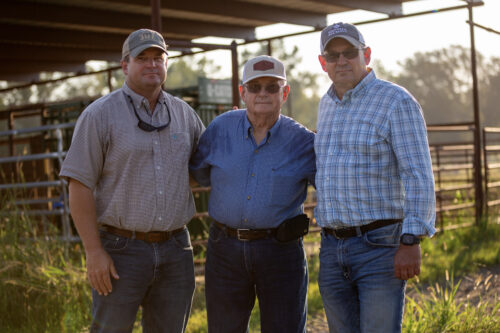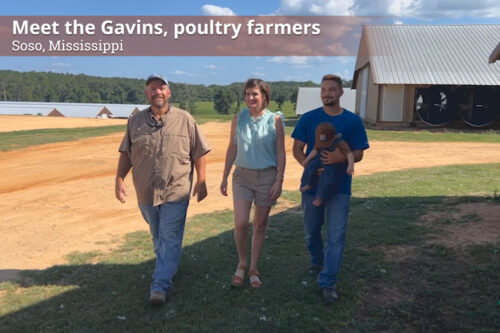USDA Organic Certification for Louisiana and Mississippi Farmers
You’ve likely heard of the United States Department of Agriculture (USDA), but you may not know what they do. The USDA is the leader in food, agriculture, natural resources, rural development, nutrition, public policy, latest science and effective management. And if you enjoy organic food, you should know that the gold standard for organically grown food (not only here in America, but throughout the world) is the USDA organic seal.
Meeting the USDA organic seal standard isn’t easy.
Across the globe, all farms and businesses follow the same set of principles, rules, regulations and guidelines that are part of a shared global control system. Reaching the threshold for USDA organic certification can be quite labor-intensive. The reward, however, is that it offers instant recognition to consumers that your products are not only safely and organically grown but of the highest quality available.
“Organic” is defined by the National Organic Program as, “a labeling term that refers to an agricultural product produced in accordance with the Act.”
The National Organic Cost-Share Program
Savings are available for organic certifications! Each year, the National Organic Program provides funding to each state to help individual organic operators pay for the cost of their certifications. Organic farmers may be reimbursed up to 50 percent (for a maximum of $500) for each organic certification they complete (i.e. crops, livestock, processing). These reimbursements are available on a first-come, first-serve basis until the funding for the program is spent. Visit these sites for application instructions and deadlines:
- Louisiana Department of Agriculture and Forestry Certified Organic Cost-Share Program
- Mississippi Department of Agriculture and Commerce National Organic Cost-Share Program
Benefits of Selling USDA Organic Products
In the south, especially within the agricultural field, competition can be fierce. Farmers are constantly looking for ways to stand out in a crowded market. Healthier food options are one way to do that. Studies indicate that states like Mississippi and Louisiana are among the states wherein becoming healthier is a priority.
USDA Organic Labeling and Marketing
When your product is labeled with one of the many USDA organic seals, it identifies the product as meeting a higher standard of quality than other products in the marketplace. This attracts customers looking to buy organic, which tends to be a consumer base more than willing to pay higher prices due to the perceived health benefits of organic food, and the market and sale of organic food is booming.

In 2021, food rose to 12.4 percent of US household spending, and competition is fierce. Therefore, the USDA organic seal is a coveted marketing tool for any farmer growing crops or raising animals. The seal is trademarked and can’t just be slapped on anything for sale. Be sure to do research on what products can and cannot be labeled as organic.
Organic Certification Standards
The “organic” label describes the specific requirements that must be verified by a USDA-accredited certifying agent. USDA organic standards include crop, livestock, poultry and handling standards.
Crop Standards
The standard for crops to meet USDA organic is, of course, a bit higher than the typical standard and means you must meet the following requirements:
- Land must have had no prohibited substances applied to it for at least three years before the harvest of an organic crop.
- Soil fertility and crop nutrients will be managed through tillage and cultivation practices, crop rotations and cover crops, supplemented with animal and crop waste materials and allowed synthetic materials.
- Crop pests, weeds and diseases will be controlled primarily through management practices including physical, mechanical and biological controls. When these practices are not sufficient, a biological, botanical or synthetic substance approved for use on the National List may be used.
- Operations must use organic seeds and other planting stock when available.
- The use of genetic engineering, ionizing radiation and sewage sludge is prohibited.
Livestock and Poultry Standards
Just as with crop standards, the USDA raises the standards for livestock and poultry products attempting to attain USDA organic certification. This applies to animals used for meat, milk, eggs and other animal products sold or labeled as organic. Some requirements include the following:
- Dairy animals and animals for slaughter must be raised under organic management from the last third of gestation, or no later than the second day of life for poultry.
- Non-organic dairies have a one-time opportunity to transition non-organic animals to organic production (over a 12-month period).
- Producers must feed livestock agricultural feed products that are 100 percent organic, but they may also provide allowed vitamin and mineral supplements.
- Preventive management practices must be used to keep animals healthy. Producers may not withhold treatment from sick or injured animals. However, animals treated with a prohibited substance may not be sold as organic.
- Ruminants must be out on pasture for the entire grazing season, but for not less than 120 days. These animals must also receive at least 30 percent of their feed, or dry matter intake (DMI), from pasture.
- All organic livestock and poultry are required to have access to the outdoors year-round. Animals may only be temporarily confined due to documented environmental or health considerations.
Handling Standards
The normal standards for organic certified products is different than non-organic products.
- All non-agricultural ingredients, whether synthetic or non-synthetic, must be allowed according to the National List of Allowed and Prohibited Substances.
- In a multi-ingredient product labeled as “organic,” all agricultural ingredients must be organically produced, unless the ingredient(s) is not commercially available in organic form and listed on Section 205.606.
- Handlers must prevent the commingling of organic with non-organic products and protect organic products from contact with prohibited substances.
Before Going Organic
A farmer looking to obtain a USDA organic certification should get familiar with some introductory practices before taking the leap. Certain factors beyond your control might make going organic too expensive or even impossible. A full review of organic regulations is also recommended.
Finance Your Organic Operation
No matter the type of farming you’re interested in doing, Southern AgCredit is an experienced lender helping northern Louisiana and Mississippi farmers with all their financial needs. For more information about our agribusiness loans, fill out the form below, and a loan administrator will contact you shortly.

